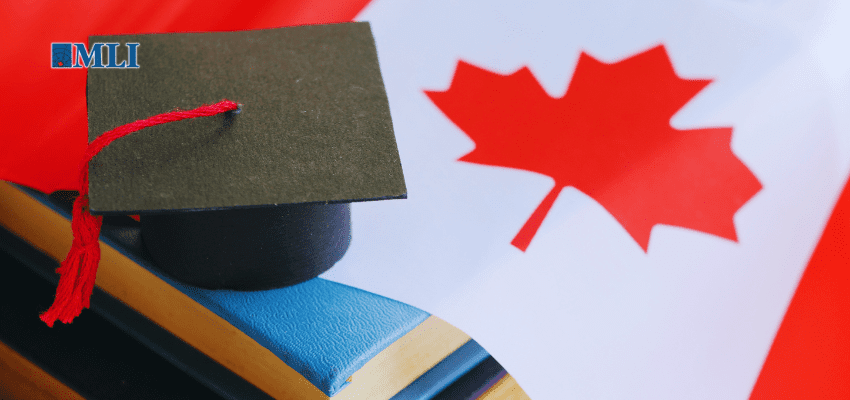This article originally appeared in the National Post.
By Leonid Sirota, October 25, 2024
In a column prompted by the loony Twitter musings of a law professor, the Post’s Carson Jerema argues that, “Too many professors twist and abuse their status to push whatever progressive cause they care about at the moment” ― and that, “There is only one solution to this nonsense: defund the professors” (“Defund the Professors,” Carson Jerema, Oct. 23). At the risk of falling for outrage-bait, I would like to respond.
Let me start by agreeing with Jerema so far as the bulk of his column is concerned: both the professor he focuses on and far too many others are activists who have, in Jerema’s words, thrown rigour “out the window.”
Most Canadian law schools ― and there is little reason to think law schools are exceptional in this regard ― are monocultures. Many are open about imposing ideological litmus tests in hiring. Just this week, the University of British Columbia’s Peter A. Allard School of Law published a job posting that requires applicants to provide a “statement describing current and future commitments or interests related to equity, diversity and inclusion as well as decolonization.” Dissidents need not apply.
I have faced this sort of ideological discrimination myself. There are many reasons why, despite being Canadian and focusing most of my academic writing on Canadian law, I teach constitutional law in the United Kingdom, but my failure to toe the progressive line is one of them.
Never mind the many law schools where I simply have not bothered applying because, like UBC, they are explicit about their intention to discriminate. I have been questioned about my political opinions in a job interview ― at a law school in a province where discrimination on the basis political opinion is against the law. At a different law school, which did not bother interviewing me for a job I was thoroughly qualified for, a friendly insider told me that, “The winds in constitutional law blow in a different direction.”
So I’m open to the view that Canadian academia is rotten to the core. I am also open to the view that higher education is simply something students should pay for themselves, without taxpayer support. There is a case for defunding the universities on libertarian principles. Good luck making it to middle-class parents who want the wealthy (who pay more tax than they) and the poor (whose children are less likely to attend university) to subsidize their offspring’s education.
But that’s not the case that Jerema makes. His argument is that some professors are bad, so all professors need to cop it ― including the ones who don’t eulogize Hamas leaders on social media (a low bar, to be sure), and the few who are, as best they can, trying to resist the academy’s leftward drift.
This may feel good to those who see universities as part of what some Conservatives in the U.K. call “the blob”: the shapeless, shadowy progressive establishment that is supposed to have acquired a stranglehold over the levers of state and corporate power in western democracies. What defunding will achieve beyond soothing hurt feelings is harder to tell.
Law schools, at any rate, will continue to exist whether they are funded by the taxpayer or not. It’s not even obvious that there would be fewer of them in Canada if government funding dried up. As it is, many Canadian students who miss out on spots in Canadian institutions head to the U.K. or Australia and pay quite unsubsidized, and very high, foreign-student fees to study Canadian law in those countries. The Hamas fangirls who teach future lawyers and judges need not worry for their jobs.
Some other departments will not be so lucky, I suppose. The demise of some branches of grievance studies would surely be a benefit to society. But not that of other disciplines ― including the humanities, which small-c conservatives would not long ago have thought essential to civilization. But that was until their populist turn, which is itself all about grievance.
Meanwhile, there is something else a government concerned with how taxpayer money is being spent at universities might try. In the U.K., a big chunk of our research funding is allocated on the basis of the quality of actual research output, as part of the “Research Excellence Framework.” This system (which has close analogues in Australia and New Zealand, too) has any number of flaws, as any bureaucratic arrangement will. But it has significant advantages, as well.
Above all, it rewards actual research and closely related activities (such as the supervision of graduate students). Tweets, even very righteous ones, don’t count. Because of this, the universities have a strong financial incentive to hire academics who will be productive scholars and not just those with whom their existing faculty members would like to have an almond-milk latte ― or go to a protest.
One should be under no illusion: introducing something of this nature in Canada, where such incentives are now largely absent, which is what enables all job descriptions that select for ideology rather than achievement, would not be a panacea. At best, change will be gradual. But if Jerema and others are interested in more than just catharsis, they ought to think about creating incentives for change, not just how to burn it all down.
Leonid Sirota studied law at McGill University in Montreal and New York University, and now teaches public law at the University of Reading in the United Kingdom.






